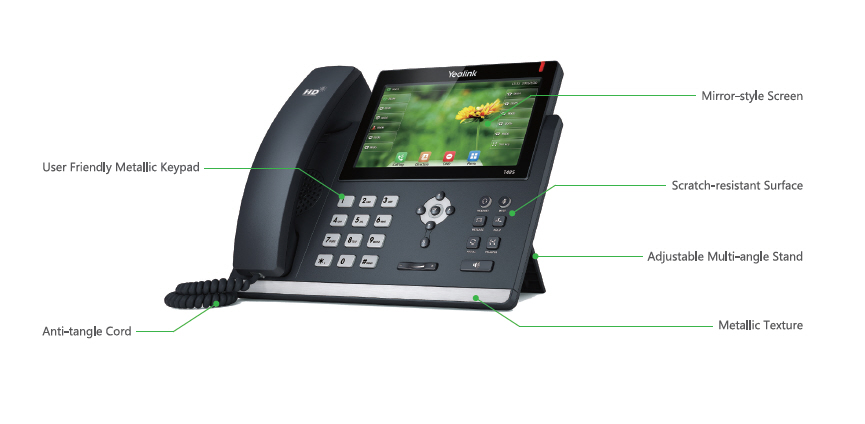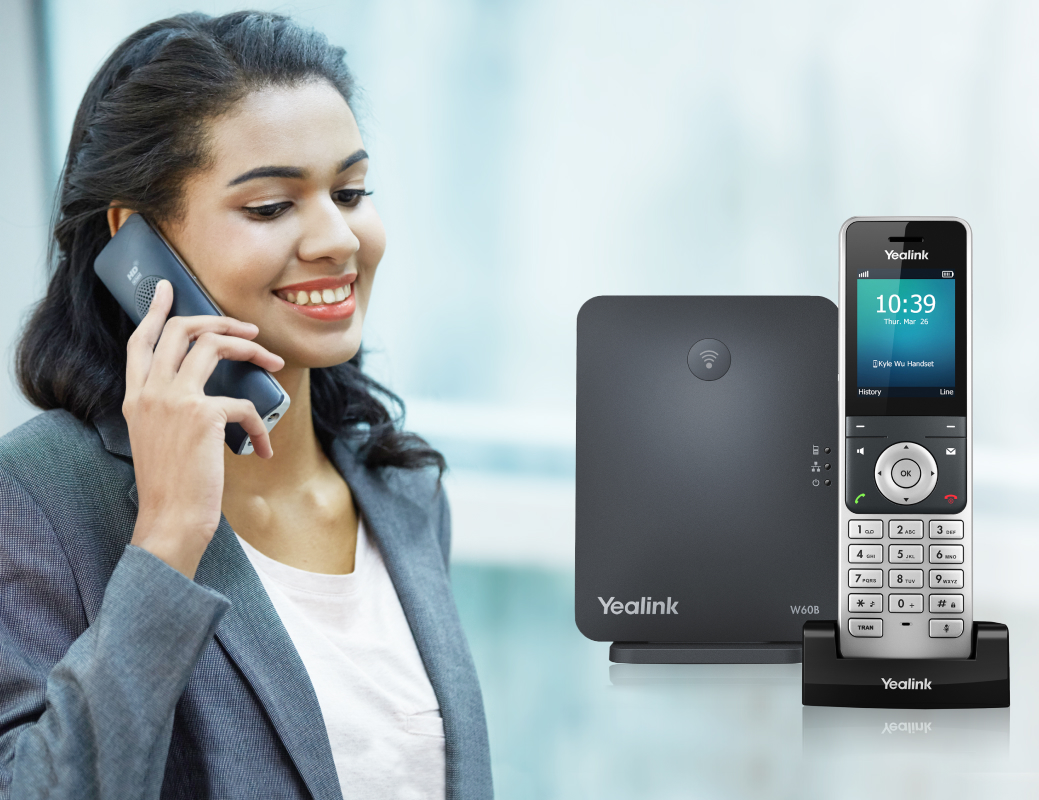Introduction
In today's fast-paced digital landscape, communication has evolved tremendously, with options ranging from traditional landlines to cutting-edge technologies like Voice over Internet Protocol (VoIP) and mobile contracts. With businesses and individuals alike searching for the most cost-effective and efficient means of staying connected, the debate surrounding The Ultimate Showdown: VoIP Services vs. Mobile Contracts is more relevant than ever.
This article delves deep into both options, comparing features, costs, benefits, and limitations to help you make an informed decision on which service best meets your needs. So grab a cup of coffee and let’s embark on this enlightening journey!
Understanding VoIP Phone Service
What is VoIP?
Voice over Internet Protocol (VoIP) refers to a technology that allows users to make voice calls using the internet rather than traditional telephone lines. This makes it an attractive option for businesses seeking to reduce costs without sacrificing quality.
How Does VoIP Work?
VoIP converts voice signals into digital data packets that travel over the internet. When you speak into a VoIP-enabled device, your voice is digitized, compressed, and sent through the network before being converted back into sound on the recipient's end.
Benefits of Using VoIP Phone Service
Cost-Effectiveness: VoIP typically offers lower rates for long-distance and international calls compared to traditional phone services.
Flexibility: With VoIP phone service, you can use any internet-connected device to make or receive calls—be it a smartphone, tablet, or computer.
Advanced Features: Many VoIP services come with built-in features like voicemail-to-email, call forwarding, video conferencing capabilities, etc., often at no extra cost.
Scalability: Businesses can easily scale their communication systems based on their needs without incurring high setup costs.
Mobility: As long as there’s an internet connection available, you can take your VoIP service anywhere in the world.
Challenges Facing VoIP Services
Internet Dependency: Quality of service relies heavily on internet speed and stability.
Power Outages: Unlike traditional landlines that can work during power outages, a VoIP phone will not function if there’s no electricity.
Emergency Calls: Some regions have limitations regarding emergency services when using VoIP; it's crucial to check local regulations.
Exploring Mobile Contracts
What Are Mobile Contracts?
Mobile contracts are agreements between consumers and mobile service providers allowing users access to cellular networks for voice calls, texts, and data usage in exchange for monthly payments.
Types of Mobile Contracts
Pay Monthly Plans: These often include unlimited talk and text alongside varying amounts of data.
Pay As You Go Plans: Users pay in advance for minutes or data they plan to use without getting tied down by a contract.
Family Plans: These bundle multiple lines together under one contract at a discounted rate.
Advantages of Mobile Contracts
Reliability: Mobile networks tend to be more stable than internet-based options.
Nationwide Coverage: Most mobile providers offer extensive coverage across urban and rural areas alike.
Emergency Access: Traditional mobile services are generally more reliable when it comes to accessing emergency services like 911 in the U.S.

Device Discounts: Many contracts offer subsidized devices with long-term commitments that make high-end smartphones more affordable upfront.
Fewer Technical Issues: Users typically face fewer technical problems compared to internet-based calling solutions.
Disadvantages of Mobile Contracts
Higher Costs Over Time: Monthly fees can add up quickly compared to some competitive VoIP offerings.
Long-Term Commitments: Many plans lock you into multi-year contracts; breaking them can be costly.
Limited Features Compared To VoIP: While many providers offer extras like unlimited texting or streaming music subscriptions, they may not match the full suite of features available through many VoIP services.

The Ultimate Showdown: VoIP Services vs. Mobile Contracts
When comparing these two communication VoIP Phone Service Los Angeles solutions — one rooted in traditional telephony (mobile contracts) and one leveraging modern technology (VoIP) — it's essential to weigh various factors carefully:
- Cost Efficiency Feature Set Reliability Scalability Flexibility
Cost Analysis
Monthly Expenses
| Service Type | Average Monthly Cost | Long-Distance Rates | International Rates | |--------------------|----------------------|---------------------|---------------------| | VoIP Phone Service | $20 - $50 | Low | Very Low | | Mobile Contracts | $30 - $80 | Moderate | High |
Hidden Fees
VoIP services often come with fewer hidden fees compared to mobile contracts that might include activation fees or overage charges for exceeding data limits.
Feature Comparison
| Feature | VoIP Phone Service | Mobile Contracts | |---------------------------|-----------------------------|-----------------------| | Unlimited Calls | Yes | Varies | | Video Conferencing | Yes | No | | Call Forwarding | Yes | Yes | | Emergency Calling | Limited | Yes | | Multi-device Compatibility | Yes | Limited |
Which is More Reliable?
While both platforms have their strengths in reliability depending on specific circumstances:
- For those who have consistent high-speed internet access without interruptions, VoIP can be quite reliable. Conversely, mobile contracts generally provide consistent coverage across most locations but may suffer from signal loss in remote areas or during peak usage times.
User Experience
When considering user experience:
- Users appreciate the flexibility offered by both services but often find VOIPs easier due to low entry barriers. On the flip side, some users prefer mobile contracts because they are accustomed to traditional methods of communication without needing high-tech devices or setups.
Security Considerations
Both systems face unique security challenges:
- Ensuring secure communications over VOIPs requires strong encryption protocols as they are susceptible to cyber threats. Meanwhile, mobile contracts also face security risks such as SIM swapping attacks but are generally perceived as safer due to established infrastructure security measures by carriers.
Future Trends in Communication Technology
As we peer into the future:

- The integration of AI within VOIPs could enhance features making them even more appealing. Meanwhile, advancements in 5G technology will likely improve mobile network performance significantly while lowering latency issues commonly faced today.
FAQs About VoIP Services and Mobile Contracts
Can I use my existing phone with a VoIP service? Absolutely! Most modern smartphones can support various app-based VOIPs like Skype or Zoom without needing new hardware.
Are there any hidden fees associated with mobile contracts? Unfortunately yes; activation fees or charges for exceeding contract limits are common pitfalls users encounter unexpectedly!
3. Is emergency calling available with all VOIPs? Not always; it varies by provider so ensure you check beforehand if this feature matters significantly!
4.* How does call quality compare between these two options?* Quality largely depends on your internet connection for VOIPs while networks impact mobile call clarity considerably!
5.* Can I port my existing phone number over when switching from one system type another?* Yes! Most providers allow number portability so customers don’t lose their numbers during transitions!
6.* Are international calls cheaper via VOIPs than through standard mobile plans? Generally speaking yes! They often provide lower rates due primarily due tech efficiencies involved!
Conclusion
In conclusion, while both options—VoIP Phone Service and Mobile Contracts—offer unique advantages tailored towards different user needs; determining which suits you best will ultimately hinge upon individual priorities including budget constraints versus feature requirements alongside lifestyle preferences! Whether you're running a business looking for cost-cutting measures or simply want efficient personal communication—both avenues present viable alternatives worth exploring further!
So what will it be—the ultimate showdown between these competing technologies? The choice is yours!